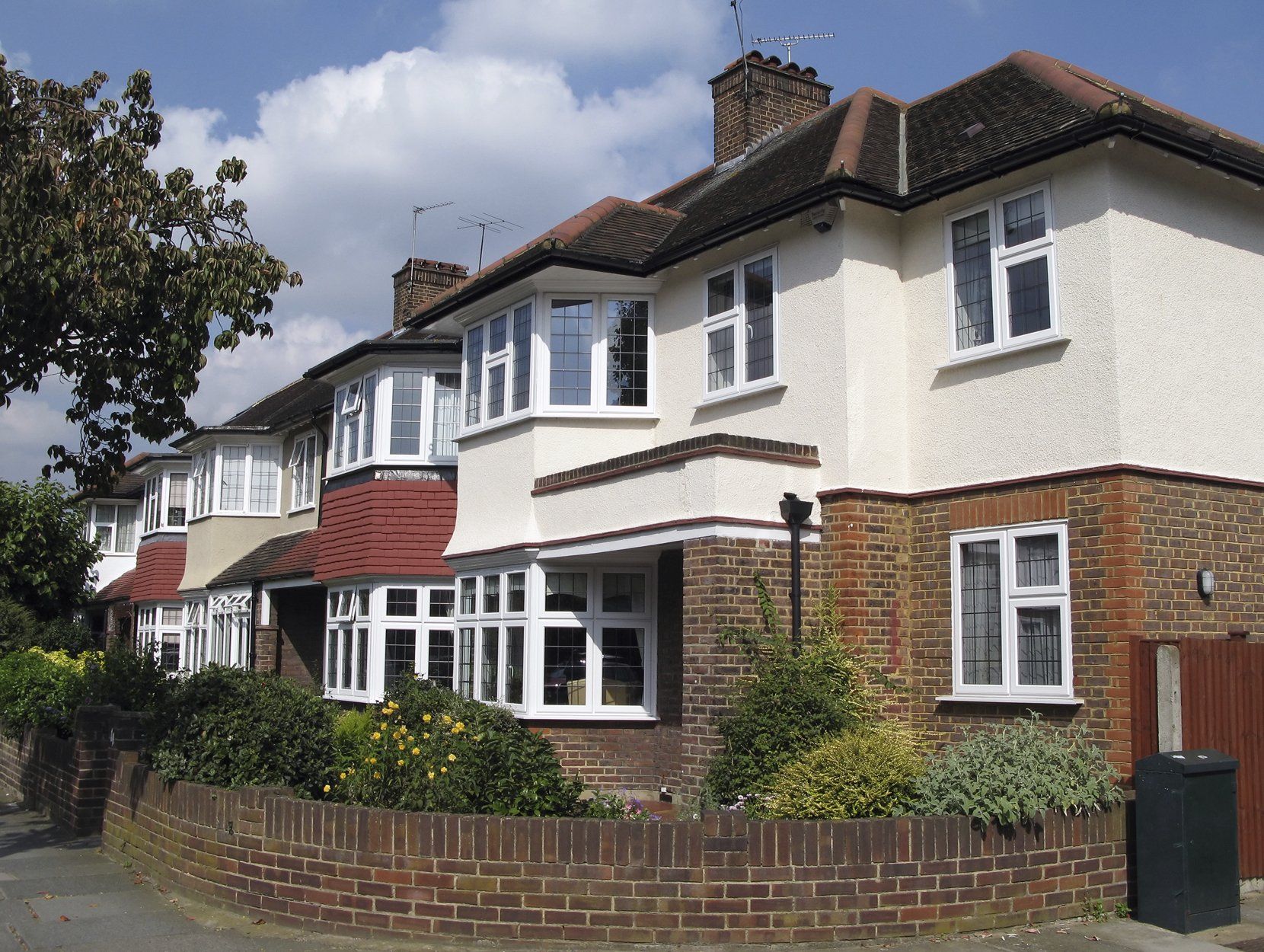Housing Disrepair: Why are complaints important?

If you are curious about why complaints are important in a Housing Disrepair Claim , read on. We use your complaints (or “Notification Entries”) to determine how much compensation you may be entitled to. Should you have any questions, please contact us .
Complaints
Complaints are any type of correspondence (phone calls, emails, letters) you have made to your Council/Housing Association to put them on notice of the disrepair at your property.
Complaints are very important in Housing Disrepair Claims. We use your complaints (or “Notification Entries”) to determine how much compensation you may be entitled to.
We request a copy of your tenancy file so we can locate evidence of your complaints (“disclosure documentation”). We request this directly from your Council/Housing Association in the early stages of your claim.
Once we have received evidence of your complaints, we look for the following:
1.How long you have been complaining for
2.How consistent your complaints have been
3.What investigations (inspections) and/or works have been undertaken (if any), following these complaints to rectify the disrepair
4.Whether you have given your Council/Housing Association enough time to rectify the issues following complaints made (4-6 weeks excl. COVID pandemic)
1. How long you have been complaining for: -
A reasonable period to rectify a repair at your property is usually 4-6 weeks, depending on how extensive the repair is.
If, for example, your complaint is an emergency (i.e., water leaks affecting your light fittings), we would expect your electrics to be isolated quite quickly as this can be dangerous. However, if the leak affecting your property is because of a defective roof, roof works may take a while longer as scaffolding would need erecting, an inspection would need to take place, and thereafter works to the roof.
Please note, here at MLA Solicitors, we only accept cases where complaints have been made for more than 3 months (or 12 weeks).
2. How consistent these complaints have been: -
Consistent complaints are also important. If, for example, you complained about damp and then did not complain again for a further 8 months, the inferences drawn would be that the issue must not have caused too much inconvenience, which would thus impact the amount of compensation owed and the success of your claim.
Further, if there are large gaps in your complaints (6 months to 1 year between complaints), your Council/Housing Association could also argue that they actioned your complaint by rectifying the issue, which would impact the success of your claim.
3. What investigations (inspections) and/or works have been undertaken (if any), following these complaints to rectify the disrepair: -
Following your complaints made to your Council/Housing Association, we also look for any action which has been taken to investigate, inspect, and/or fix the issues. We look for evidence of said measures within the repair’s history of your tenancy file.
If, following a complaint made, your Council/Housing Association sends an Inspector out to the property to investigate the source of the issues and to raise any required works, this would be a reasonable step taken.
Providing your Council/Housing Association can prove they took reasonable steps to identify the issues and propose required works, even if you disagree with the same, this could negatively impact your claim.
Also, if your Council/Housing Association can prove you failed to permit access for required works, this could also negatively impact your claim.
However, following an inspection, if no resultant works are undertaken at the property despite continuous chasers, or if works undertaken are insufficient to fix the issues, you may have a claim.
If your Council/Housing Association arranged for a Contractor to attend your property, but the Contractor who attended could not complete the works required or otherwise missed the scheduled appointment, this would positively impact the success of your claim.
4. Whether you have given your Council/Housing Association enough time to rectify the issues following complaints made (4-6 weeks excluding COVID pandemic): -
We must always allow your Council/Housing Association a reasonable period (4-6 weeks, excluding COVID pandemic) to rectify the outstanding repairs at your property. You cannot report a leak on Monday, and the following week commence a claim for Housing Disrepair if the leak is still ongoing.
Please note, here at MLA Solicitors, we only accept cases where complaints have been made for more than 3 months (or 12 weeks).
Have any questions? Contact Us .
Contact Us
We will get back to you as soon as possible.
Please try again later.







PLEASE NOTE: MLA Solicitors operates a zero-tolerance policy at all times. With this, any behavior our employees deem abusive, harassing or intimidating in any way (whether written, verbal or otherwise) and that is incurred from clients at any stage in their claim will result in their retainer being cancelled indefinitely and with immediate effect.

MLA Solicitors' Complaints Process
If you become unhappy or concerned about our services, we have included details of our complaints process here.
Business Hours
- Mon - Fri
- -
- Sat - Sun
- Closed
t:
0161 713 0399
e: info@mlasolicitors.co.uk


